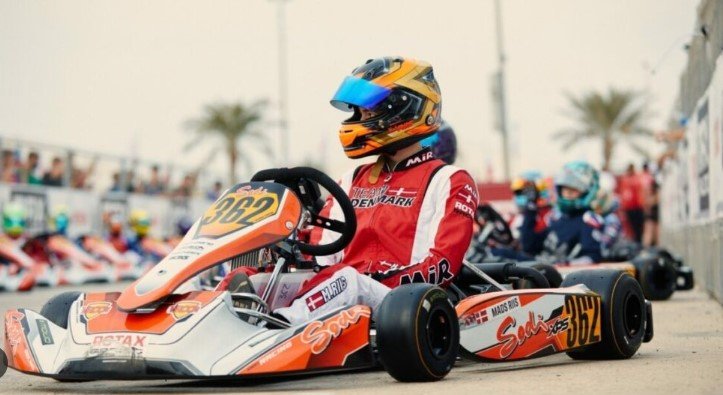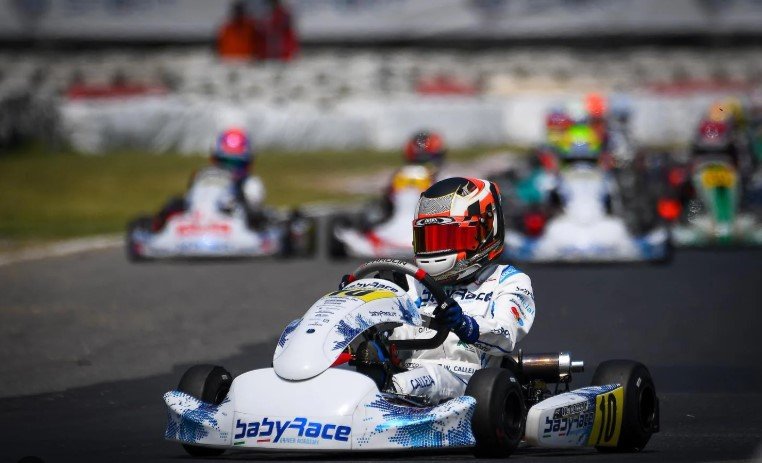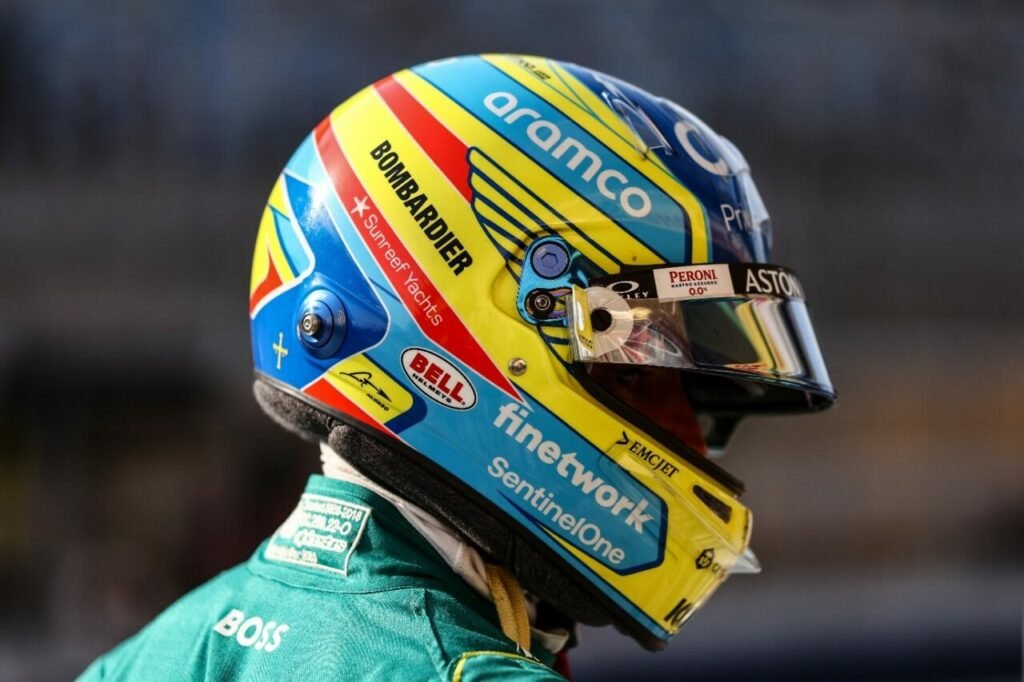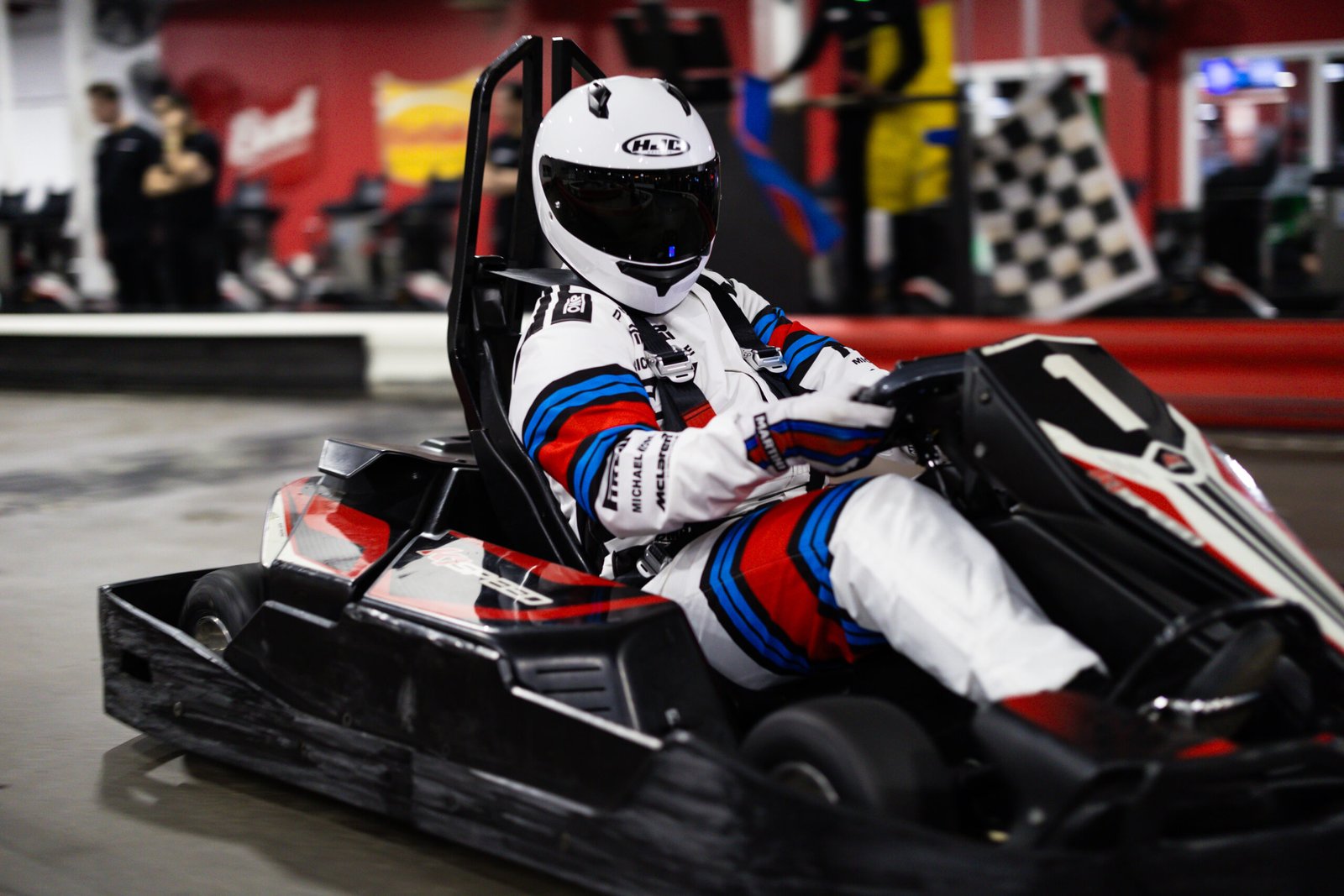Karting is often the first step for many aspiring drivers in motorsport. While it might seem like a fun hobby or a simple sport, karting is an excellent way to develop a range of critical racing skills. These skills not only make you a better kart driver but also lay the foundation for success in more advanced motorsport disciplines. In this article, we’ll explore how karting builds essential racing skills and why it’s considered one of the best training grounds for future racers.
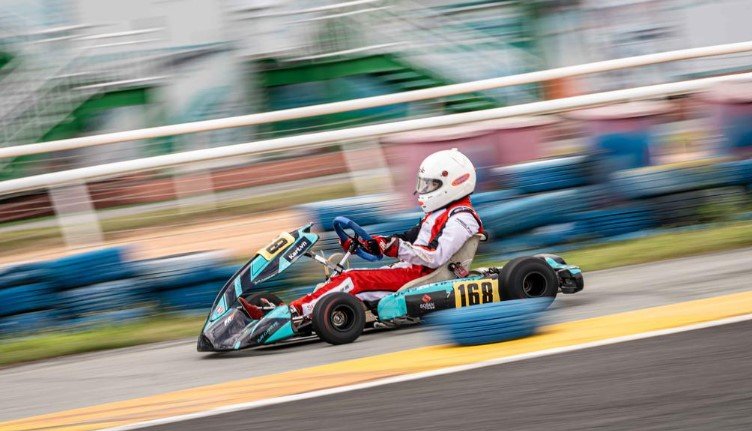
Enhancing Focus and Concentration
One of the primary skills that karting helps build is focus. Karting requires a high level of concentration, as even a small mistake can lead to a significant loss of time or position. Drivers must focus on many aspects of racing at once, including navigating the track, controlling the kart, and anticipating other drivers’ moves.
As you race, you’ll need to keep your attention sharp for long periods. Karting teaches you how to stay mentally engaged, even when fatigue sets in. The constant need to react to changes in the track, weather, or other drivers helps improve reaction times and overall mental agility—critical traits for any racer.
Mastering Cornering and Racing Lines
Karting is all about cornering. Unlike other motorsports, where straights often dominate, kart racing relies heavily on the driver’s ability to navigate corners quickly and efficiently. Learning the perfect racing line, braking points, and throttle control around curves is crucial to improving lap times.
Through karting, you’ll practice hitting the apex, controlling understeer and oversteer, and optimizing your corner exit. These fundamental skills carry over to other forms of racing, such as car racing, where mastering corners can be the difference between winning and losing. Karting instills an early understanding of how to carry speed through turns and balance your kart’s weight distribution to maintain grip and control.
Developing Braking Techniques
Braking is one of the most critical aspects of racing, and karting provides an ideal environment to practice and master braking techniques. In karting, you’ll learn how to brake effectively without locking up the wheels, how to brake late into a corner, and how to balance braking with throttle to achieve the fastest lap times.
Karting teaches precision in braking, a skill that is essential for managing high-speed corners and complex track layouts. By learning how to brake in different situations—whether entering a tight corner or dealing with changing track conditions—you will develop the ability to slow down quickly and safely when needed, without sacrificing control or speed.
Boosting Car Control and Handling
Karting offers an exceptional opportunity to improve your car control skills. While the dynamics of a kart are different from that of a full-sized race car, the principles of car handling remain the same. Driving a kart teaches you how to manage oversteer (when the rear of the kart slides out) and understeer (when the kart does not turn enough), as well as how to recover from these situations.
By learning to control these aspects of kart handling, you’ll build a strong foundation for driving full-size race cars in the future. Karting improves your ability to react to unpredictable situations, helping you develop the fine motor skills and instincts needed to maintain control during high-speed racing.
Conclusion
Karting is not just about speed; it’s about building the critical skills that all successful drivers need. From improving focus and concentration to mastering braking, cornering, and car control, karting lays the groundwork for a successful career in motorsport. Additionally, it helps drivers think strategically, make fast decisions, and develop the physical stamina needed for high-performance racing. Whether you’re looking to compete professionally or simply improve your driving skills, karting provides an excellent foundation for all racers.







